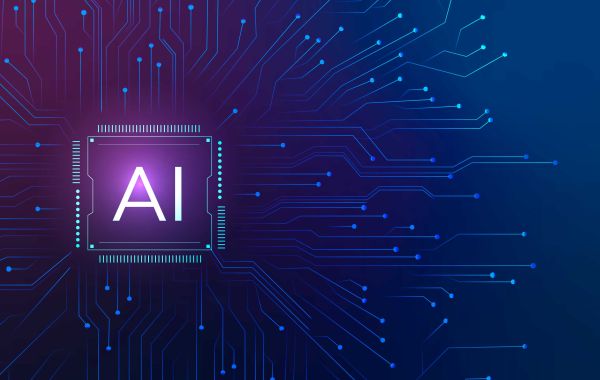The Promise of AI in Healthcare
AI in healthcare lies in its ability to analyze vast amounts of data with unprecedented speed and accuracy. This capability is particularly crucial in addressing disparities in healthcare access and quality across different regions and demographics. By leveraging AI-driven insights, healthcare providers can make more informed decisions, personalize treatment plans, and optimize resource allocation.
Enhancing Diagnosis and Treatment
One of the most significant impacts of AI in healthcare is its role in enhancing diagnosis and treatment strategies. AI-powered diagnostic tools can analyze medical images, genetic data, and patient records to detect patterns and anomalies that might go unnoticed by human clinicians. This not only improves diagnostic accuracy but also speeds up the time to diagnosis, crucial for conditions where early intervention is key.
AI algorithms are also being used to develop personalized treatment plans tailored to individual patient needs. By considering a patient's genetic makeup, medical history, and lifestyle factors, AI can recommend optimal treatment options that maximize efficacy while minimizing side effects.
Bridging Healthcare Gaps Through Telemedicine
Telemedicine, facilitated by AI-driven technologies, is bridging geographical and logistical gaps in healthcare delivery. Remote consultations, powered by AI chatbots and virtual assistants, enable patients in underserved or remote areas to access healthcare expertise without the need for extensive travel. This is particularly beneficial in regions where healthcare infrastructure is limited or where specialists are scarce.
Improving Healthcare Access and Affordability
AI is also playing a crucial role in making healthcare more affordable and accessible globally. Predictive analytics and AI-driven models help healthcare providers identify at-risk populations and preemptively intervene to prevent costly medical emergencies. This proactive approach not only improves health outcomes but also reduces healthcare costs over the long term.
Ethical Considerations and Challenges
While AI holds immense promise in healthcare, it also raises ethical considerations and challenges. Issues such as data privacy, algorithm bias, and the ethical use of AI in decision-making processes require careful consideration and regulation. Ensuring that AI technologies are deployed responsibly and ethically is essential to maintaining trust and safeguarding patient welfare.
The Road Ahead
Looking ahead, the integration of AI into healthcare systems promises to further advance global health equity. Innovations such as AI-powered drug discovery, real-time health monitoring, and predictive analytics hold the potential to transform healthcare delivery on a global scale. By embracing AI technologies responsibly and collaboratively, healthcare stakeholders can continue to break down barriers and strive towards a future where everyone has access to high-quality, affordable healthcare.
In conclusion, AI is not just a technological advancement but a catalyst for achieving global health equity. By harnessing AI's capabilities in diagnosis, treatment, telemedicine, and healthcare accessibility, we can bridge gaps, empower underserved populations, and create a more equitable healthcare landscape for all.








